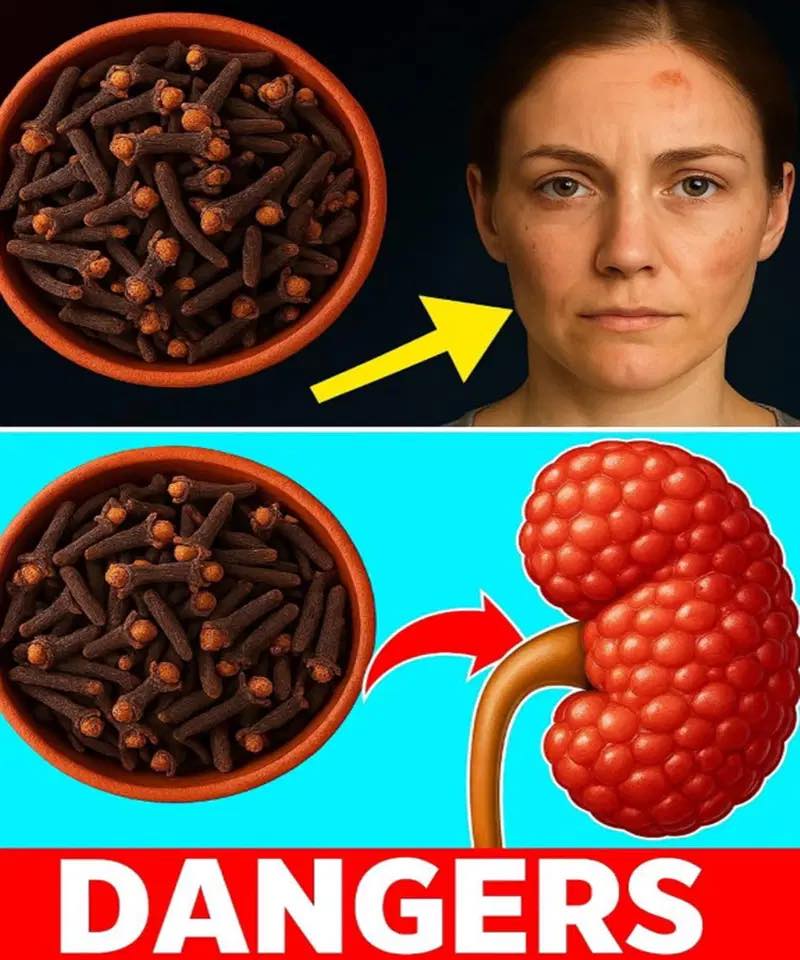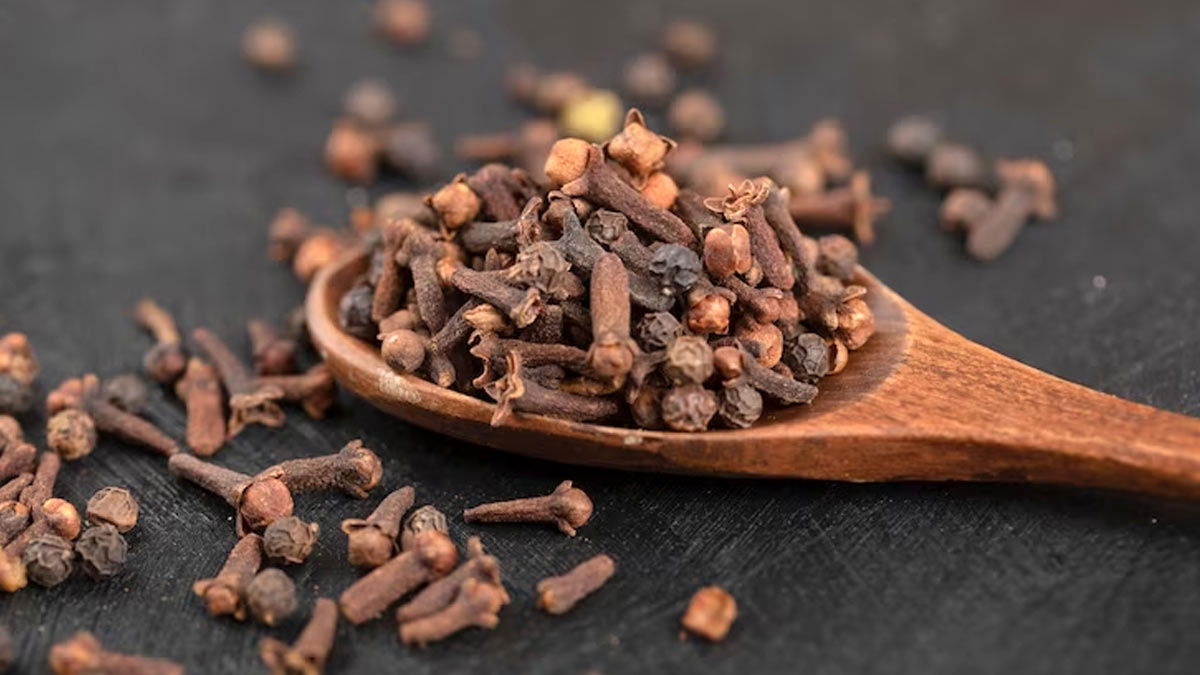



Their eugenol content helps improve circulation and reduce clotting. But for those on medications like warfarin, aspirin, or other anticoagulants, or anyone with bleeding disorders like hemophilia, this is a red flag. Combining cloves with blood-thinning drugs could amplify their effects, raising your risk of bruising, nosebleeds, or even internal bleeding.
Imagine a minor cut turning into a major problem or a routine surgery becoming risky. If you’re on blood thinners or have a clotting disorder, cloves aren’t your friend. Always check with your healthcare provider before adding them to your diet or using clove oil. One small spice could have oversized consequences.
If you’re sensitive to spices or plants in the Myrtaceae family—like guava, eucalyptus, or allspice—cloves could spark an allergic reaction. Symptoms range from mild itching and rashes to swelling, breathing difficulties, or even anaphylaxis in rare cases. The eugenol in cloves, while beneficial for some people, can be an allergen for others, especially if you’re prone to spice sensitivities.
Before diving into that clove-infused chai or apply clove oil, do a patch test. Start with a tiny amount to see how your body reacts. Ignoring this could turn a cozy evening into a frantic trip to the pharmacy—or worse. Stay cautious and keep your allergies in check.
High doses of cloves or clove oil can stimulate uterine contractions, potentially increasing the risk of preterm labor, especially in the first trimester. For breastfeeding moms, eugenol can pass through breast milk, possibly affecting your baby’s sensitive system.
Though small culinary amounts are generally safe, medicinal doses or clove oil are a gamble. If you’re expecting or nursing, consult your obstetrician before using cloves in any form. Your baby’s health isn’t worth the risk.
Cloves are loaded with eugenol, a compound that’s a double-edged sword. In small doses, it’s a powerful antioxidant. In large amounts, it’s toxic to the liver. For people with liver conditions like hepatitis, fatty liver disease, or cirrhosis, cloves—especially clove oil—can strain an already struggling organ. Studies suggest excessive eugenol may cause liver damage, particularly when consumed regularly or in concentrated forms.
If your liver is under stress, steer clear of clove supplements, oils, or heavy culinary use. Opt for safer alternatives and work with your doctor to protect your liver. Don’t let a spice sabotage your health.